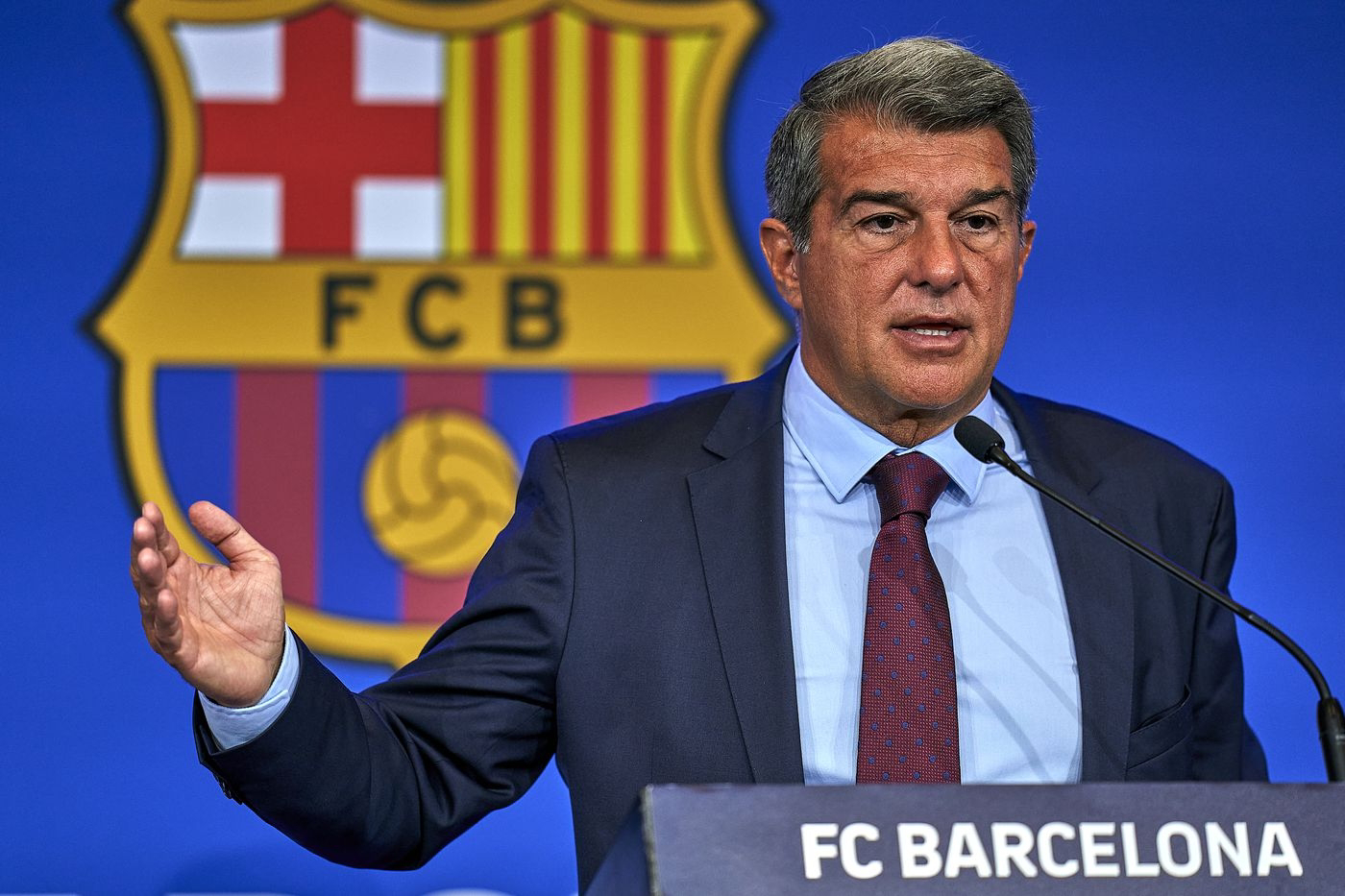How is Barcelona still able to sign players?
With the Catalan club already securing the services of Kessie and Christensen for free along with Raphinha from Leeds for a reported fee of €60M, the club is all but set to sign the most awaited signing in Robert Lewandoski for €40M from Bayern Munich.
In a club whose financial woes are well known and in debt of €1.3B, the question arises how are they still managing to sign players, that too on hefty prices.
The Debt and The Limit:
Barcelona is in debt of €1.3B and has a huge salary mass of €560M with La Liga capping their salary at a negative of €144M. Hence even though they have signed Christensen and Kessie on free they can't register them like last summer when the Catalans had problems with registering their free agent signings.
The limite salarial, LaLiga's equivalent of financial fair play, is the amount -- defined by the league after analysing the club's audited accounts -- that they are allowed to spend on the first team, basically made up of transfer fees, amortisations and wages. It is an over-simplification, but it is essentially a calculation of what the club can afford based on the income against the outgoing.
Registering New Players:
If a club does not meet the criteria, they will simply not be able to sign a player. Registrations are done digitally with an app that will actually not allow you to click "Accept." And so a player you try to add just will not be added, and his registration will not be completed.
The computer will say no.
Taking Barcelona's salary limit at €-144m and their actual salary mass at €560m (they aim to reduce it to €400m), they would need to hit €704m to generate a positive balance. If they could make €600m, the lower end of the initial predictions, they would fall short. If they made €800m, the upper end of early predictions and unlikely to be the case, they would have around €96m surplus, which could be invested.
This is the 1:4 rule by which clubs are allowed to invest €1 for every €4 they saved. Put crudely, offload a player for €10m and you can invest €2.5m. Or if that player alone accounts for 5% of their budget, they can invest 50% of what is saved.
If a club gets to a point where their limite salarial actually does correlate to the existing salary mass, then it can invest at 1:1. In other words: Every euro you demonstrate that you can save, you can invest because you're keeping that level.
Economic Levers:
One of the levers came in the form of investment from music streaming company Spotify investing a reported amount of somewhere between €260-300M for the next 4 years in exchange for shirt and training kit sponsors for both men's and women's teams along with gaining naming rights of Camp Nou.
Barcelona had a board meeting in mid-June where they seemed the permission of the socios to sell certain club assets.
The economic levers came in the form of the socios accepting to sell 25% of TV rights for 25 years out of which 10% has already been sold to a US firm and the rest 15% can be sold at any time too. Another lever came in accepting to sell 49.9% of their merchandising and licensing company known as BLM and 49.9% of their studio rights although a deal hasn't been struck yet which they hope would raise another €300M.
This can be considered to be a long-term loan for the survival of the club is present. But there is also a downside to the deal. Barcelona sold 10% of the TV rights they are due to make from their LaLiga TV rights (not their Champions League rights) over the next 25 years for €207.5m. The TV deal is currently worth €166m to them. So if that deal does not change (which it should of course) they would be handing over €16m a year, starting this year, for 25 years: A total of €400m over that period in return for €207.5m now, when they need it most. Essentially, a loan is secured against future earnings.
Conclusion:
Although the financial levers keep them afloat in the present it still is a huge gamble as after selling their assets they have to be successful enough to pay off their debts. The club is trying to maintain its competitiveness to challenge on all fronts. Success will increase their overall club value and revenue which will allow them to keep competing which will further bring more influx of cash. Just like money breeds money, success breeds money as well. It'll remain to be seen whether the gamble backfires or turns out to be a mastermind plan.
Will the glory days of the Catalan club return anytime soon?











Comments
Post a Comment